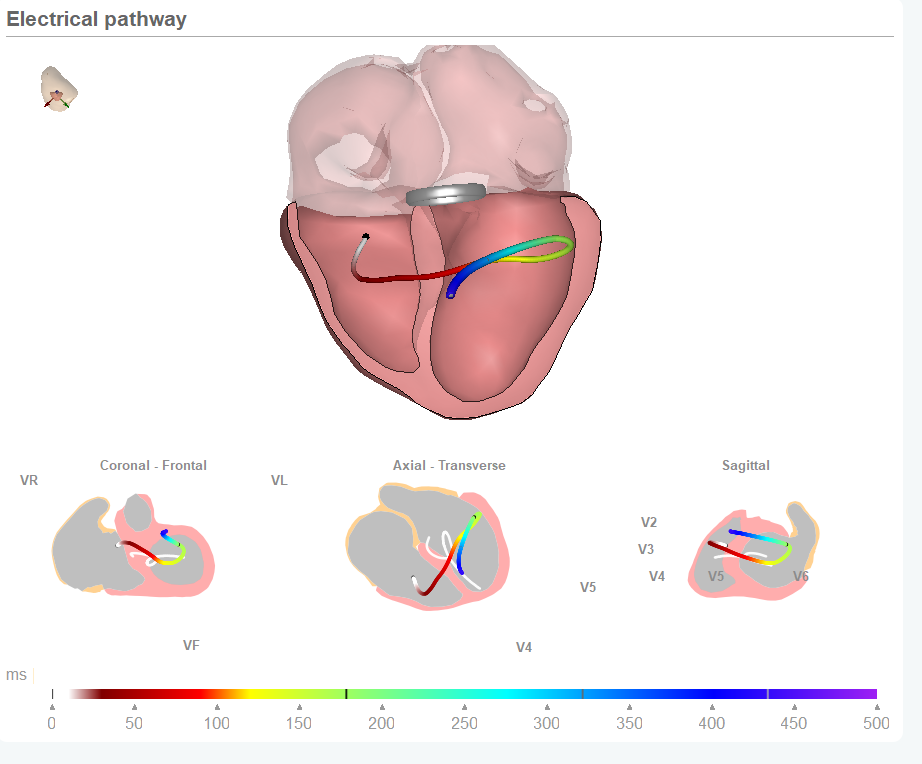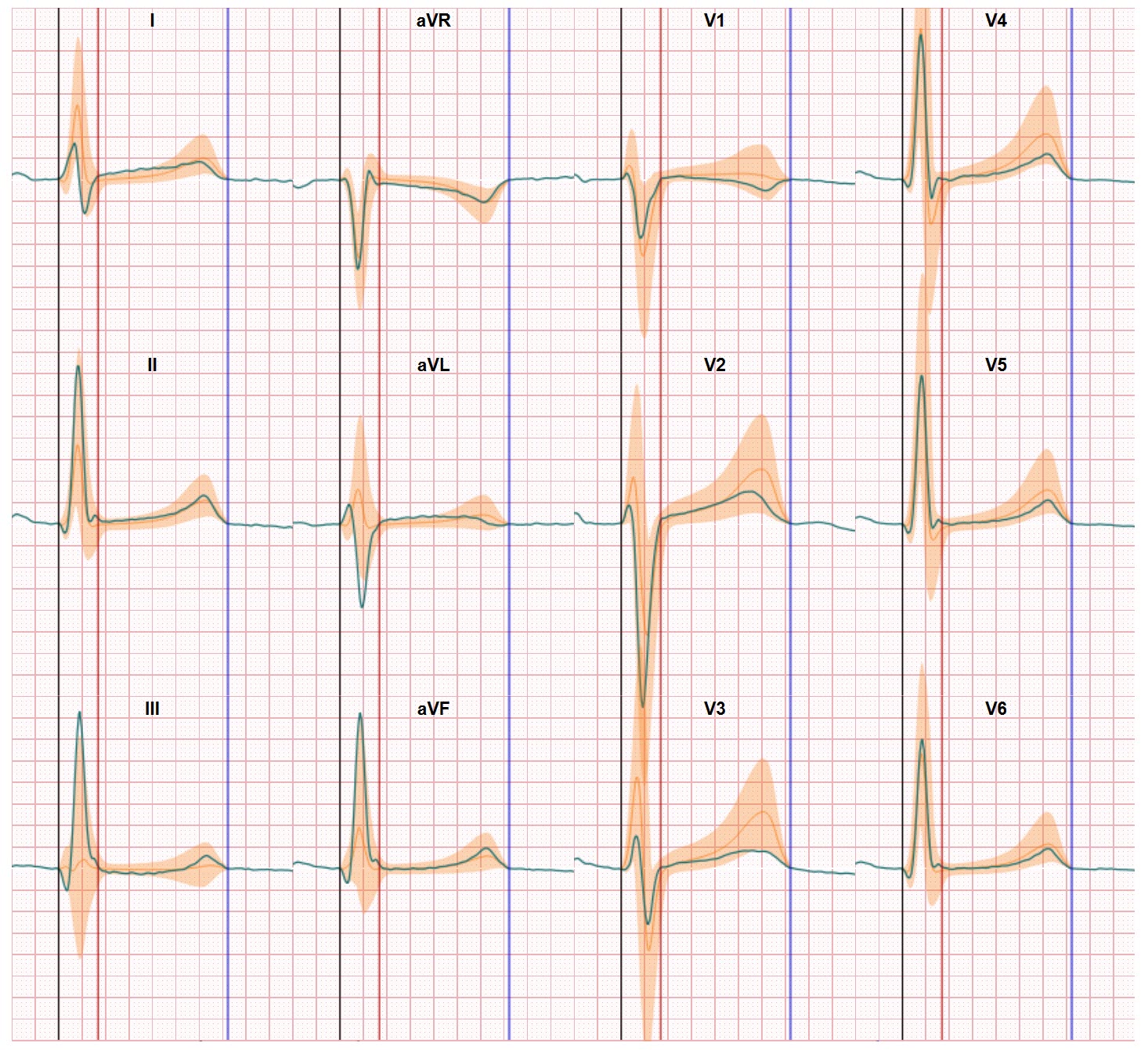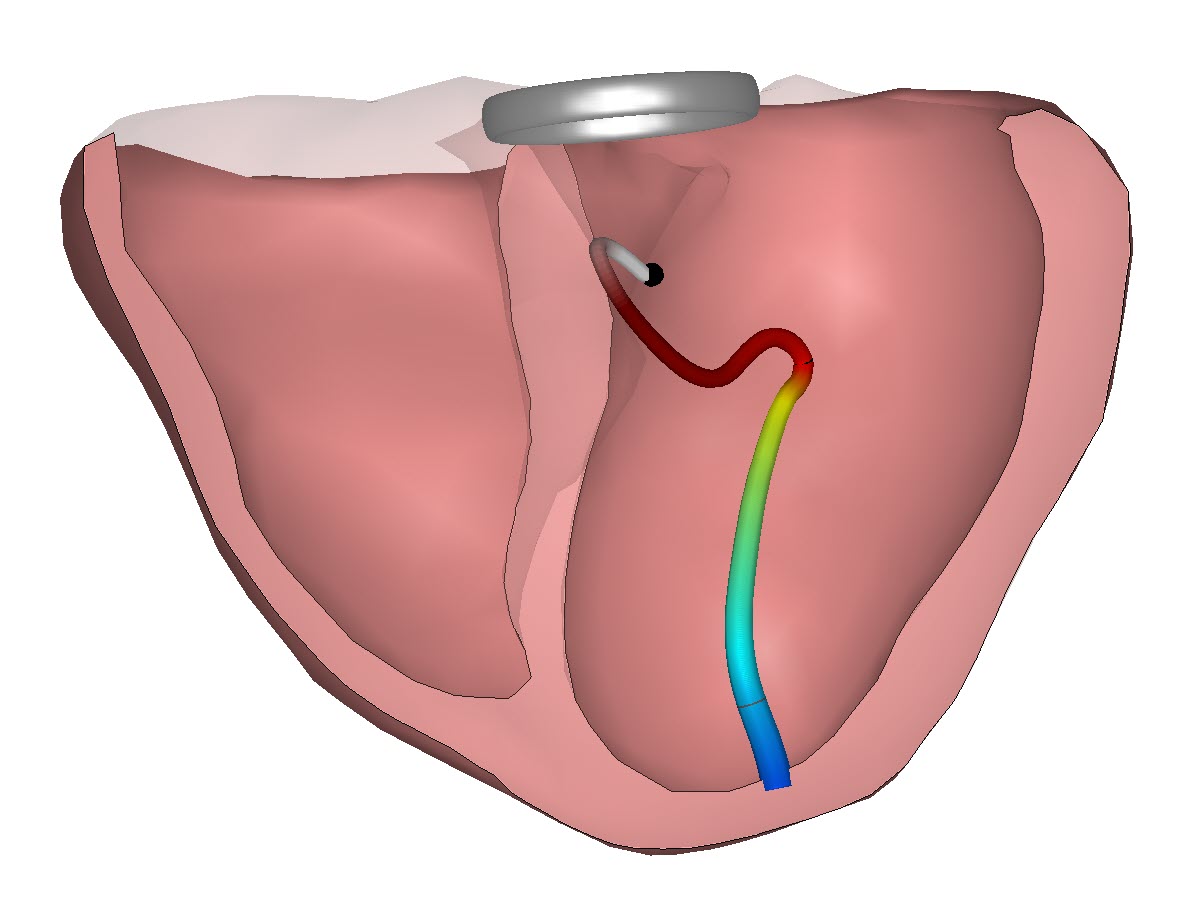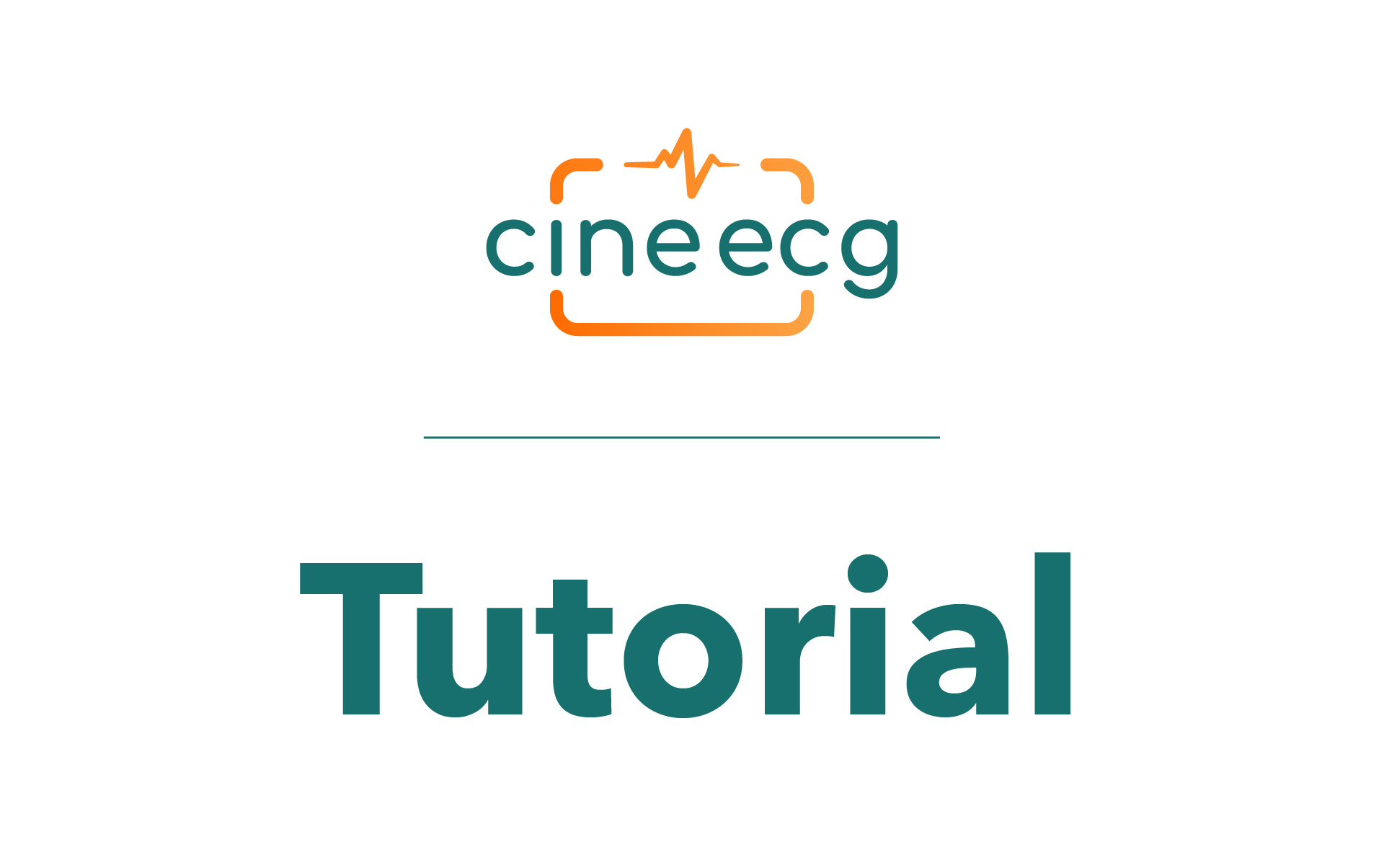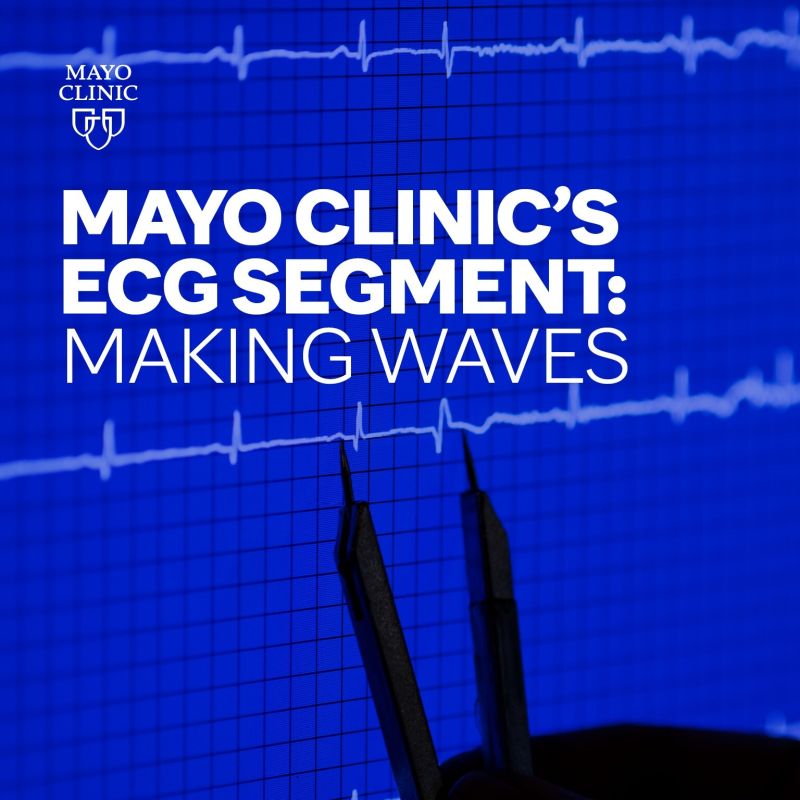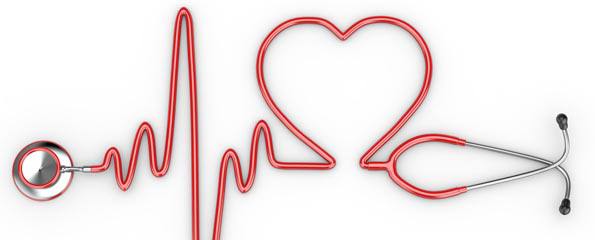Recently I came across an article which highlights the lack of attention for heart diseases.
In 2019 the “our world of data” initiative published the results of a comparison study regarding the the reasons for death in the USA in the years before the pandemic hit the world. The article, written by Hanah Ritchie has the title: Does the news reflect what we die from? And you can read it here.
In this study 4 different sources of data on causes of death were compared.
- The actual data as statistics published by the CDC in their public health database
- The results of Google searches (sourced from Google trends)
- The article topics statistics in the New York Times (sourced from their article datebase)
- Idem for the Guardian
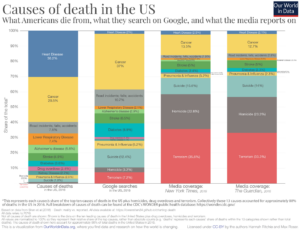
Staggering differences
The differences in outcomes are significant and of course we expect a certain bias in the news for the more violent causes of death such as homicide, suicide and terrorism. And this is clearly visible as these causes of death fill up about 50% of the news.
But what really makes an impression from the perspective of a team who is working on improving the diagnostics and treatment results for people with heart disorders is the lack of attention for heart diseases.
Today heart diseases are still the number 1 cause of death both in the USA as in Europe. And responsible for almost one third of all deaths. Cancer is a very close second actual cause of death in the statistics and together these diseases are responsible for almost 60% of deaths.
But where cancer is still a significant portion of the Google search terms and still gets a relative high amount of attention in the news, attention for heart diseases is very low amongst both the public and the journalists. On average only 2.5% of Google searches and news articles are focused on heart diseases.
Despite all the communication efforts of national heart foundations or the European Heart Network we hardly pay attention to heart disease. I have not found a sound reason for this lack of attention for heart diseases. Perhaps the perception of heart disease being related to our lifestyle (smoking, drinking, eating, level of exercise etc) blocks us in paying attention. Where cancer is much more perceived as something which happens to us. Or is the threshold for identifying a heart disease perhaps to high.
Identifying a heart disorder is a challenge
Identifying a heart disorder is challenging and requires skills and technology a standard general practitioner or an ER physician lacks. 12 lead ECG interpretation is still considered an art and the average GP only has a couple of hours training. Expert ECG analysis requires at least to read 100-200 ECGs each year just for skill maintenance. Embedded algorithms in ECG devices are still not great performers and using imaging technologies such as ultrasound, CT, MRI are staff time and other costs consuming to be efficient in a first assessment.
From our perspective the standard 12 lead ECG contains so much ‘hidden’ information and it’s our ambition to lower the threshold in effective heart disorder detection. Which may not be the answer in changing the statistics in Google search or new outlets focus but as it may help to reduce the overall true burden of heart disorders we will continue on our path of developing and introducing new solutions for ECG interpretation.

